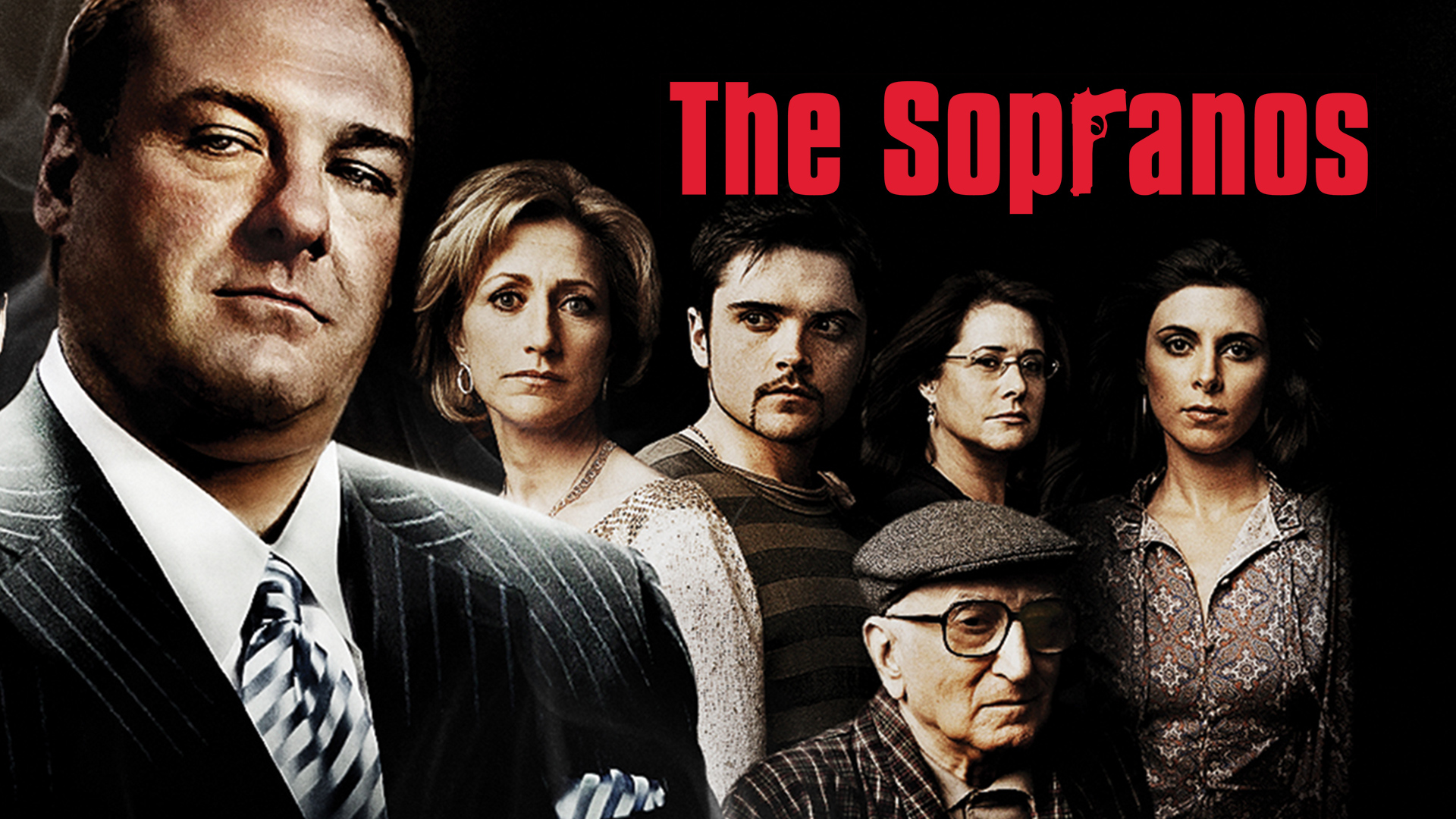
Mental Health in The Sopranos The Portrayal of Tony Soprano’s Therapy Sessions
Mental Health in The Sopranos: The Portrayal of Tony Soprano’s Therapy Sessions
The Sopranos, a groundbreaking television series that aired from 1999 to 2007, is often credited with shifting the landscape of television storytelling. At the heart of the show lies the complex character of Tony Soprano, a mob boss who grapples with the pressures of his violent lifestyle, family dynamics, and existential crises. One of the most striking aspects of the show is its candid portrayal of Tony’s therapy sessions with Dr. Jennifer Melfi. These scenes not only serve as a narrative device but also shed light on the often stigmatized subject of mental health, particularly in the context of masculinity and organized crime.
Breaking the Stigma of Therapy
The therapy sessions between Tony and Dr. Melfi are pivotal in understanding his character's inner turmoil. Traditionally, men in Tony's world, where toughness and stoicism are celebrated, would never seek help for emotional or psychological issues. However, The Sopranos challenges this notion by portraying Tony's willingness to engage in therapy as a sign of vulnerability, rather than weakness. By doing so, the series promotes the idea that seeking help is an essential part of maintaining one's mental health. This approach resonates with audiences, encouraging them to reflect on their own perceptions of therapy and mental wellness.
The Role of Vulnerability
Throughout the series, audiences witness Tony grapple with a myriad of emotions, including anxiety, depression, and panic attacks. These moments of vulnerability are often juxtaposed with his ruthless persona as a mob boss, providing a nuanced look at the complexities of mental health. Tony's therapy sessions uncover deep-seated fears, insecurities, and unresolved traumas related to his upbringing and the violent world he inhabits. The candid discussions with Dr. Melfi not only humanize Tony but also highlight the importance of confronting one’s demons. By featuring these therapy sessions, The Sopranos illustrates that mental health struggles can affect anyone, regardless of their outward appearance or societal status.
Cultural Impact of The Sopranos shop
The legacy of The Sopranos has evolved beyond the screen, leading to the establishment of various merchandise and memorabilia shops dedicated to the acclaimed series, including “The Sopranos Shop.” This retail outlet provides fans with a chance to immerse themselves in the world of the series while simultaneously participating in conversations about its themes, including mental health. By offering items like books, apparel, and collectibles that reflect Tony’s struggles and triumphs, The Sopranos Shop encourages dialogue about the often-taboo subjects explored in the series, extending its influence beyond the realm of television. Engaging with the merchandise allows fans to reflect on how these issues relate to their own experiences.
Conclusion: A Lasting Legacy
Ultimately, The Sopranos serves as a significant cultural touchstone that has changed the narrative surrounding mental health in television. Through Tony Soprano’s therapy sessions, viewers are invited to explore the complexities of mental wellness, highlighting that vulnerability can coexist with strength. As more individuals find the courage to seek help for their mental health issues, shows like The Sopranos provide a powerful reminder that engaging in one’s emotional life is not only acceptable but necessary. The legacy of the series continues to spark important conversations, encouraging viewers to look beyond the surface and recognize the intricate relationship between mental health and identity.









